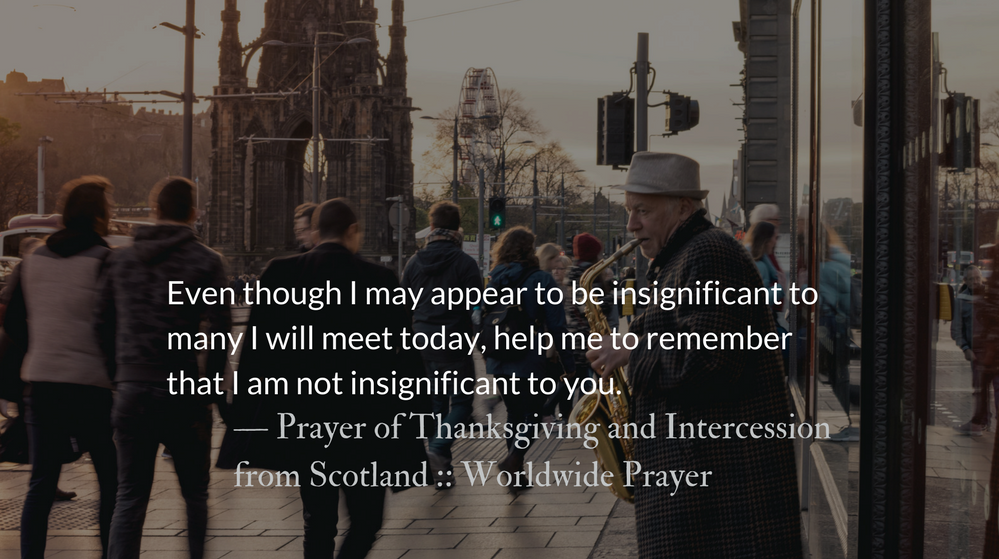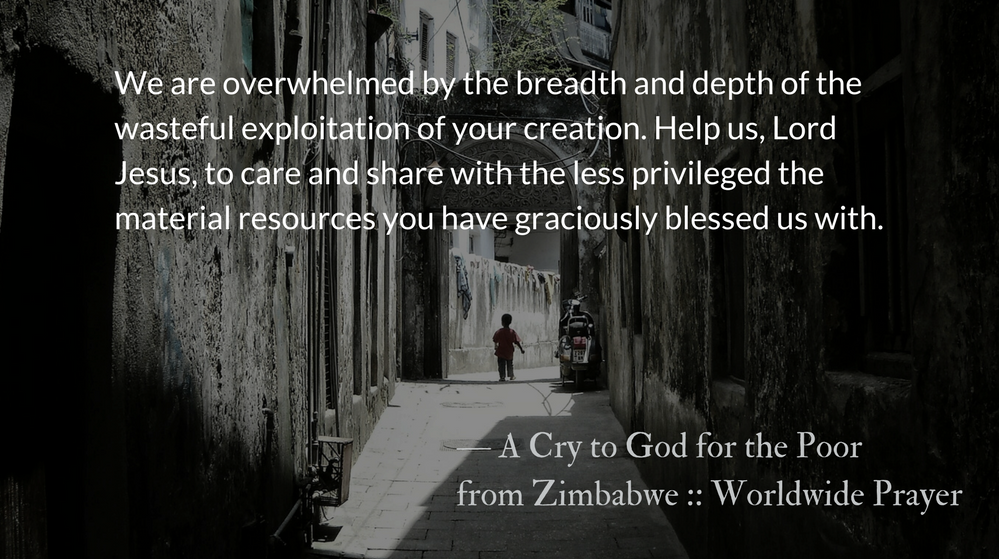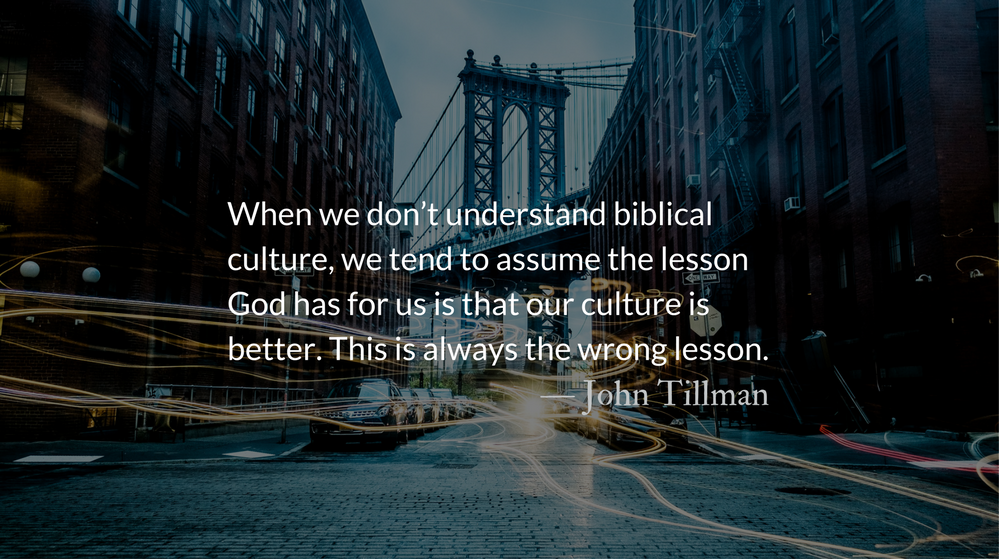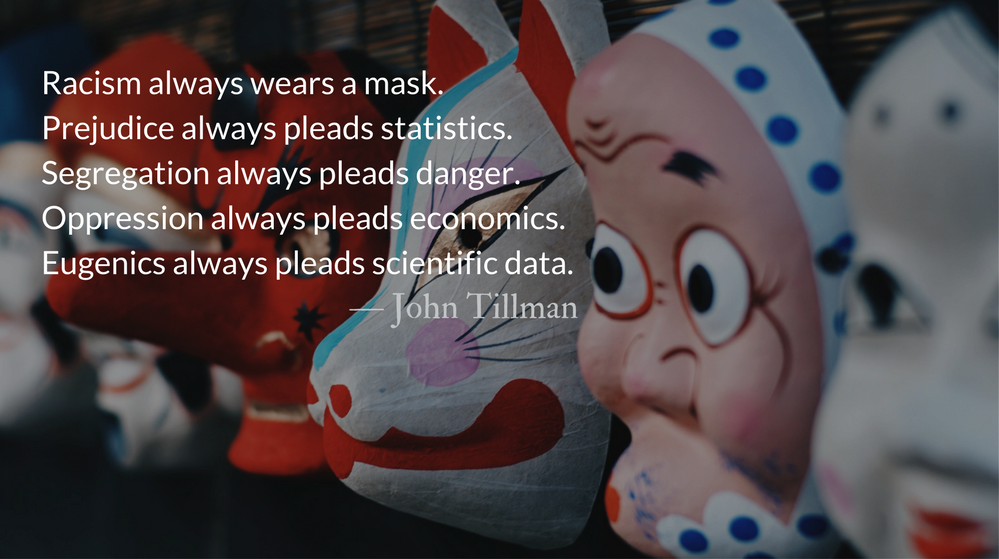Scripture: Matthew 6.8
For your Father knows what you need before you ask him.
Reflection: Prayer of Thanksgiving and Intercession — from Scotland :: Worldwide Prayer
Father God
You are the Almighty Creator of this Universe.
You are full of mercy and love. Even though I may appear to be insignificant to many I will meet today, help me to remember that I am not insignificant to you.
You are a holy and righteous God. Thank you for making in possible for a sinner such as I to be saved and become one of the children whom you love.
Lord Jesus
Thank you for loving me so much that you died for me on the cross. May your precious blood shed on the cross keep on cleansing me from all my sin. May your tender presence strengthen, guard and keep me this day.
Holy Spirit
Thank you for the gifts you have given to me so that I can serve God and others. Help me to faithfully use them today so that you may be glorified. Make me more like Jesus do that my life will bring forth fruit that will please Him today.
*Prayer from Hallowed be Your Name: A collection of prayers from around the world, Dr. Tony Cupit, Editor.
The Morning Psalm
The Lord is near to those who call upon him, to all who call upon him faithfully. He fulfills the desire of those who fear him; he hears their cry and helps them. The Lord preserves all those who love him, but he destroys all the wicked. — Psalm 145.19-21
– From The Divine Hours: Prayers for Springtime by Phyllis Tickle.
Full prayer available online and in print.
Today’s Readings
Job 8 (Listen – 2:09)
Romans 12 (Listen – 2:58)
This Weekend’s Readings
Job 9 (Listen – 3:22) Romans 13 (Listen – 2:35)
Job 10 (Listen – 2:12) Romans 14 (Listen – 3:28)






